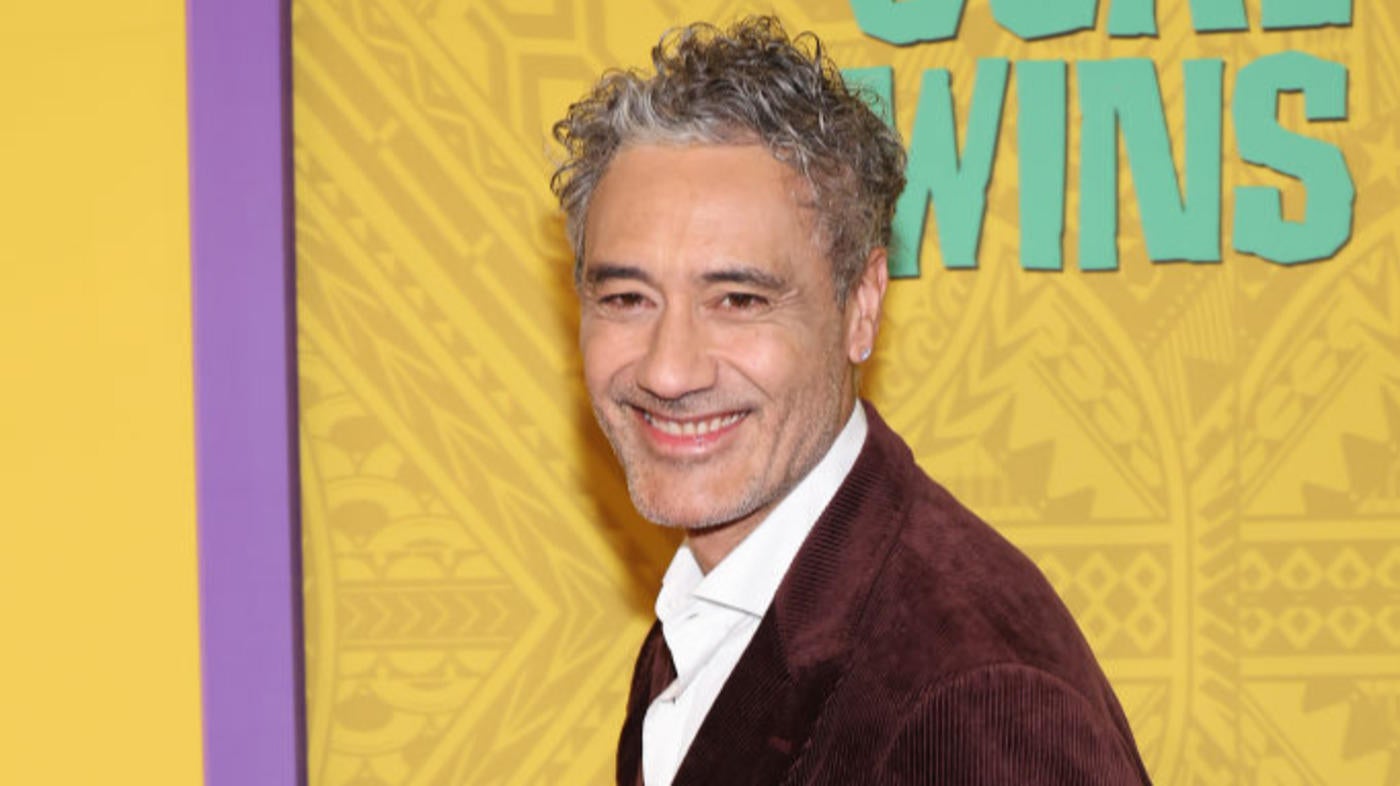Trans people fight ‘tragic’ narrative by building community
Written by ABC Audio All Rights Reserved on November 19, 2023

(NEW YORK) — When Ben Greene speaks to transgender support groups across the country, he said he references his wedding ring, his high spirits and his beard. He told ABC News he does this to serve as an example for transgender youth that a bright future lies ahead of them.
“All those examples and stories of trans people that we see are really tragic,” Greene, 24, a transgender advocate and author, said. “It doesn’t occur to them that there are just happy trans adults living their lives out there.”
Support groups have been a lifeline for many in the transgender community who may face isolation and discrimination in other circles.
Transgender people are more likely to experience mental health conditions such as anxiety, depression or suicidal thoughts than their cisgender peers, studies have shown. This is often due to discrimination from both social and political forces, as well as gender dysphoria.
Greene said that anti-transgender rhetoric makes it seem as though transgender people “have a lot of depression because we’re trans — which, to be clear, we have depression because of the way the world treats us for being trans,” said Greene.
But support groups for youth, for adults, or for parents of LGBTQ youth can ease these burdens. Studies have shown that support from the trans community, as well as family and friends, can greatly improve mental health outcomes for transgender people and could be a key factor in one’s resilience.
In these groups there are weekly or monthly regular attendees, as well as new, shy parents of transgender youth and eager and nervous transgender youth looking for answers about the transgender community.
These meetings offer a safe, often confidential space for people to talk about their identity, to ask questions and to ask for advice without judgment, members say.
In states where anti-transgender legislation and stigma is rife, some say it’s a necessity to find that kind of community.
Regional LGBTQ advocacy groups, like Greene’s PFLAG chapter in Missouri and Jennifer Wilcox’s support group called Trans North Alabama, are often a vital resource to host these in-person or online meetings when resources are lacking elsewhere.
Wilcox, an organizer for the support group, told ABC News that even having people to point you in the direction for trans-affirming or safe services such as hair care can ease anxieties.
“When I picked my name, it was like, ‘well, nobody has called me that name before.’ So it was a way to try out a name,” Wilcox said. “And then trying out like different kinds of like gender expression, like I started dressing differently and things like that and the support group was really helpful for that.”
She continued, “There’s a lot of pressure put on trans people where you’re expected to conform to whatever gender you were assigned at birth … having a support group, I think, is really helpful for having like a safe space to kind of express yourself more openly.”
Brit, a support group member from Alabama who is nonbinary and asked to be identified by only their first name for safety reasons, grew up in a very strict and traditional household. They didn’t get to explore their identity until much later in life, and were left with many questions, searching on the internet and relying on the trans people they knew for answers.
Social media helped them connect with support groups like Trans North Alabama, which has led to connections that will last a lifetime — a chosen family.
“I’ve never been part of a more generous community,” they said. “I’ve joked that we pass around the same $20 to help each other out.”
They have since moved out of the state, citing increasingly hostile legislation against transgender identities, such as anti-trans sports bans.
The transgender community is small — with some estimates showing that they make up less than 1% of the population over the age of 13, according to research from the University of California, Los Angeles.
However, the demographic has dominated recent political conversation, which Greene said can make it seem like so many people are against the transgender community.
“Most people are not leading with hate in the way it might feel like they are,” Greene said. “I have seen the number of people in this country who are leading with curiosity or who are leading with love, who have questions and want to learn more, but I don’t find hate in every corner of this country.”
He said that’s why it’s important to be surrounded by people who are safe and supportive, to remind ourselves of the community that’s out there waiting with open arms. Representation is important, he adds.
Greene remembers when he was young — about 18 years old — and he saw a trans actor play a trans character in a plot that included a happy ending, and it brought him to tears.
He thought at the time: “Everything I do from this moment onwards is going to be to the goal of being that for as many people as possible because that interaction changed everything for me.”
Brit reminds readers that transgender people are looking to live safely and happily — just like everyone else, they said.
“We’re just people,” said Brit. “There is no difference between me and the person next door. Except for, you know, maybe I have a hobby that they don’t have.”
Copyright © 2023, ABC Audio. All rights reserved.






